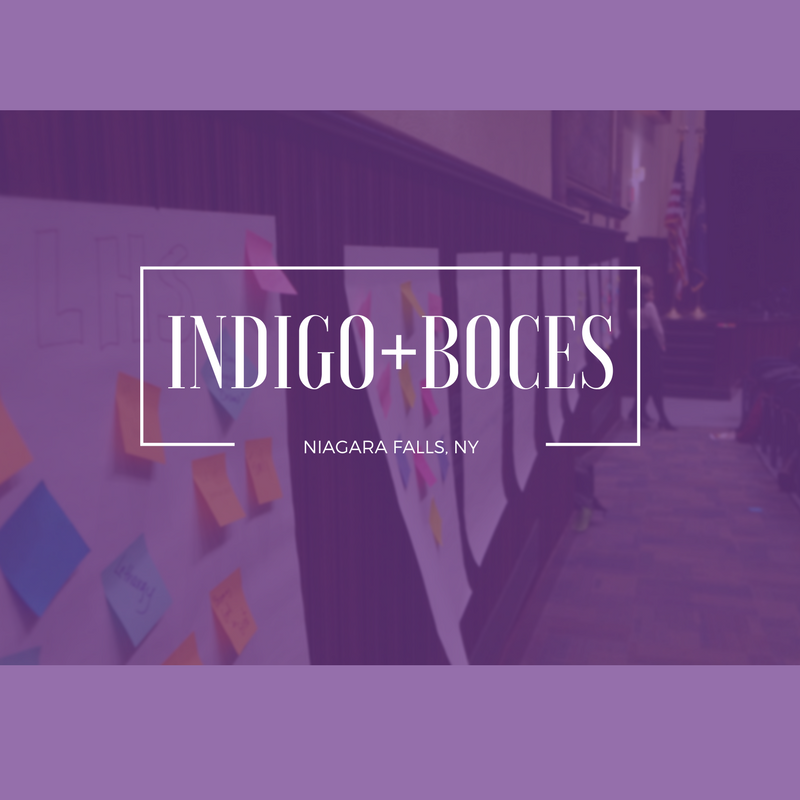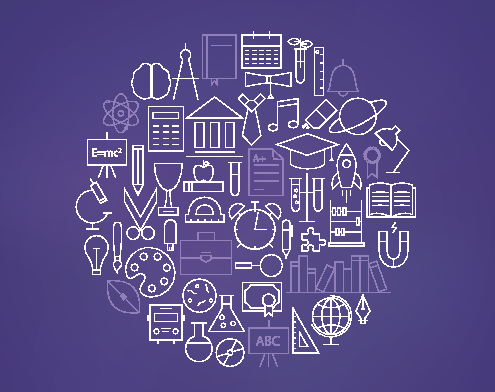Athletics meet Non-Academics: College Basketball Team using Indigo to Up Their Game
(Version of this story published in Niagara Gazette).
Coach Bill Beilein isn’t only teaching offensive and defensive strategies to his players, he’s also teaching how to work with people different than them.

Coach Bill Beilein is tackling sports head on with Indigo.
Beilein is the head men’s basketball coach at Niagara County Community College, and this season is a momentum builder. It’s the best record he’s seen at NCCC as the head coach, including decisive victories over teams like Henry Ford College (95-47) and Isaiah Christopher Academy (107-59). His goal is to capitalize on momentum to make NCCC a destination school for junior college athletes.
As Beilein and his assistant coach Mike Corbi continue to further their success, they have to dive deeper into how to develop players. “Some of the questions we have to answer are how will we grow together and understand each other?” said Beilein, “Also, who are we as a team and what are our ideal circumstances for peak player performance?”
Beilein now has the luxury of taking a step back to understand the individual strengths of his players, and how he can capitalize on them both on and off the court. He needed to understand who are the young men that make up his team.

Regional Director Natalie and the Niagara County Community College basketball team.
Beilein brought on Indigo to learn more about how he can improve the human dynamics on his team. Indigo provided the Indigo Inventory to engage students in who they are and how they can work better together.
The work changed the dynamics of the team. The Inventory helped both the coaches learn more about how to communicate with and motivate individual players. It also helped the team better understand how to talk with their coaches. Beilein is a dominant, loud, move quick and act quick kind of coach who should be approached with big-picture things. Corbi is more of a low-key, consistent, detail tracking coach who can handle the day-to-day, granular issues of each player.

NCCC team players discussing the results of their Indigo Reports.
It also helps the coaches identify opportunities to develop students outside of athletics – character, academics, career future. It helps focus on opportunities to bring the best out of players, and translate that success to life off the court.
One of Indigo’s focuses in Western New York is to create more opportunities to connect students to career pathways and opportunities based on their strengths. “There is a huge push to expand conversations like the ones happening with NCCC’s basketball team in schools,” said Indigo Program Director Natalie. “Our goal is to reach more than 50,000 New York students in 2017 so that we can help students find that spark that will drive them in life.”
Through Natalie, Indigo Project is working with 10+ high schools and community organizations, including entities such as Liberty Partnerships, Lewiston-Porter, Lockport, Grand Island, and Niagara Global Tourism Institute.
Athletics meet Non-Academics: College Basketball Team using Indigo to Up Their Game Read More »



















